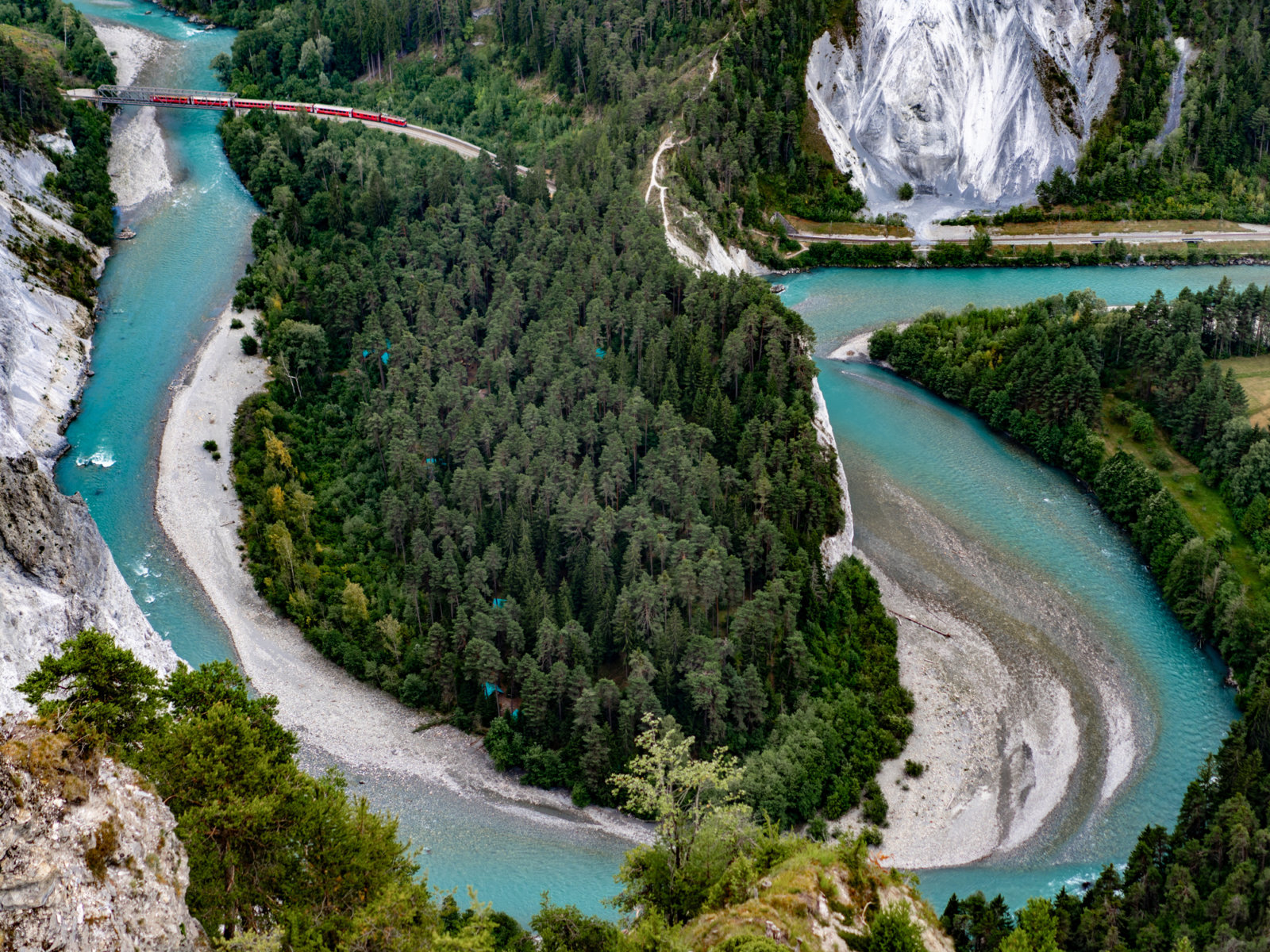
Everyone talks about sustainable travel.
But 99% of people don't know how to go green.
It’s a good start that sustainable travel is baked into the fabric of Switzerland’s infrastructure. Thanks to the world’s densest public transport network powered largely by renewable energy, each ride presents a reason to feel good about traveling.
But the impact of global climate change is real in Switzerland. It’s showing in the Swiss Alps, where glaciers are melting at alarming rates. Europe’s longest glacier, the Great Aletsch Glacier, has lost 1000 meters over the past two decades.
Global warming is also devastatingly impacting mountain stability, which in turn threatens the infrastructure of the skiing industry. We have all seen the photographs of snowless ski resorts in Switzerland, struggling to maintain their slopes with artificial snow.
A word about eco-tourism in Switzerland
Every day, the Swiss do things that appear to be sustainable choices. But in reality, that’s how things are done around here.
Many Swiss will fill (and refill) reusable water bottles at public fountains. Why buy bottled water when we have the cleanest water right before us? It’s common to see Swiss government officials traveling on trains because that’s mandated by law. They can fly only if a trip is longer than six hours.
Switzerland goes a step further by including tourism in sustainable development. Through different initiatives, the country promotes eco-tourism. The larger goal here is to minimize the impact of tourism on the environment.
So that the eternal ice stays eternal.
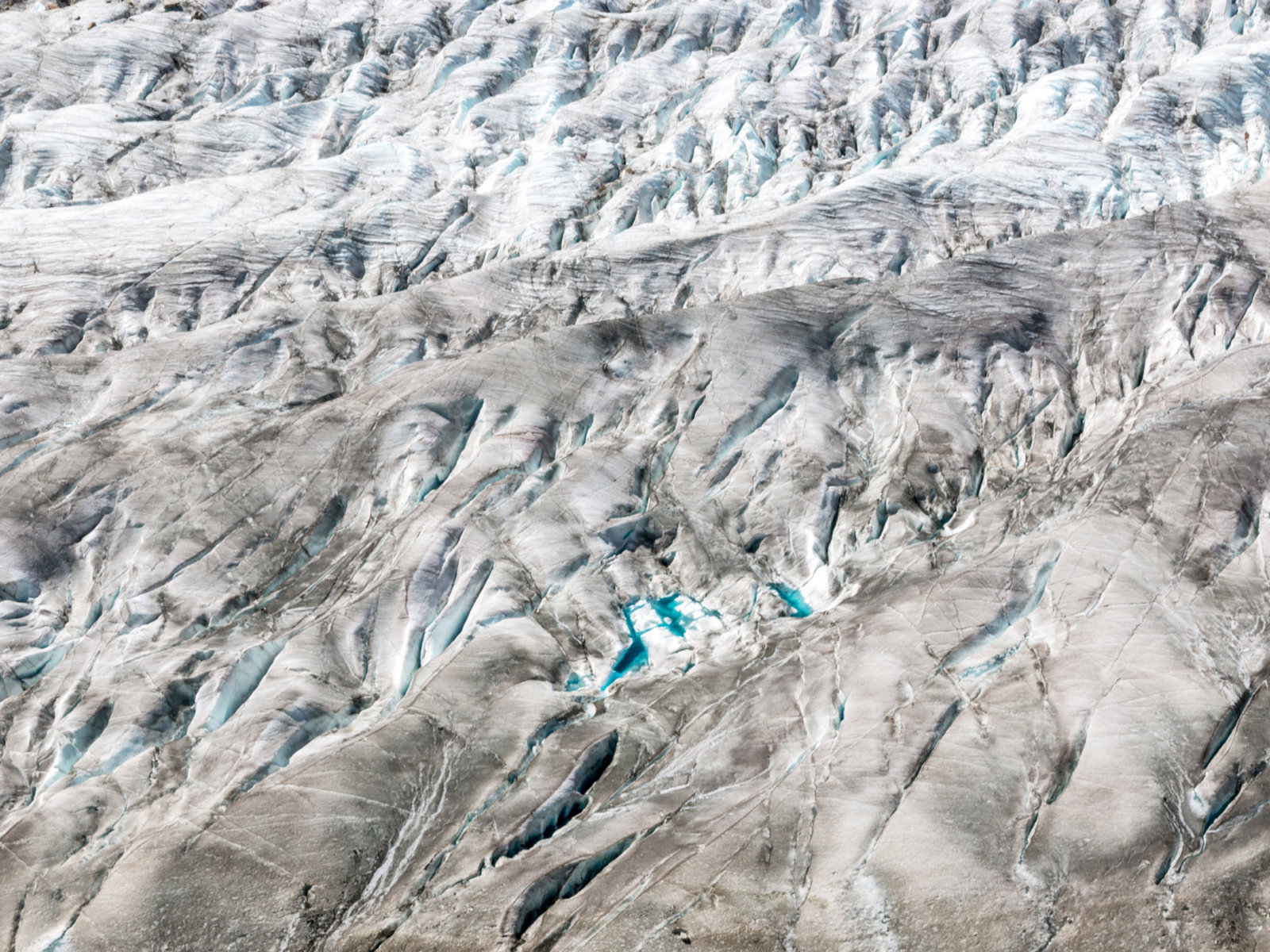
As the world becomes more aware of the negative effects of tourism on the environment, more and more travelers are looking for ways to reduce their carbon footprint while on vacation.
The 2022 Sustainable Travel Study by Expedia found that Asian travelers are inclined to sustainable travel. A staggering 95% preferred sustainable travel, as opposed to 74% in the Americas and 69% in Europe.
And there is immense potential in promoting sustainable travel in Switzerland. Because the sustainability claim is real, the fauna and flora are as beautiful as in the photographs.
Visitors from all over the world in search of a retreat will discover a pristine little country with stunning natural beauty. And with sustainable travel trending, it’s just a matter of time until more tourists latch on.
For instance, hiking in the Swiss Alps allows you to explore remote landscapes. At the Swiss National Park, you can see the local wildlife in their natural habitats. These are opportunities to learn about Switzerland’s conservation efforts to protect flora and fauna.
What is Swisstainable?
Switzerland Tourism promotes a designation called Swisstainable. It is awarded to service providers that comply with a green charter. And it helps travelers to identify sustainable hotels, carriers, and other services.
Swisstainable is one of Switzerland’s most visible efforts to promote eco-tourism. Supporting businesses with the label is a way of leaving a small footprint while experiencing the country's natural beauty.
Sustainable travel in Switzerland by train
One of the most significant ways tourism contributes to climate change is through the emissions from transportation. But traveling eco-friendly in Switzerland is no oxymoron: the Swiss public transport network has a minimal environmental impact.
In Switzerland, trains are powered by electricity, which in turn is mainly generated through hydroelectric power.
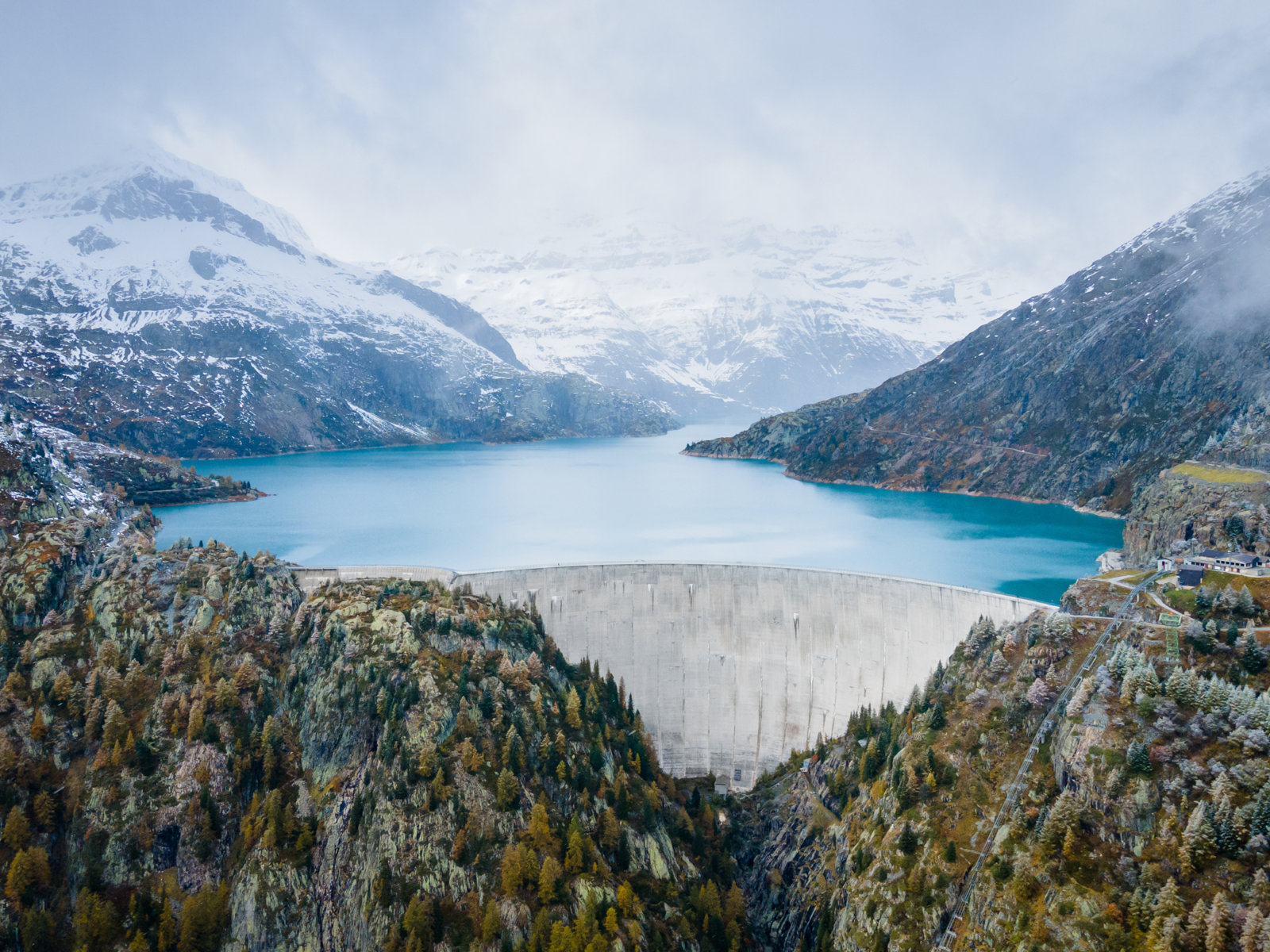
This means that trains do not emit any harmful pollutants or greenhouse gases. Swiss Federal Railways trains already draw 90 percent of their energy from hydropower. Rhaetian Railways reached 100 percent back in 2013.
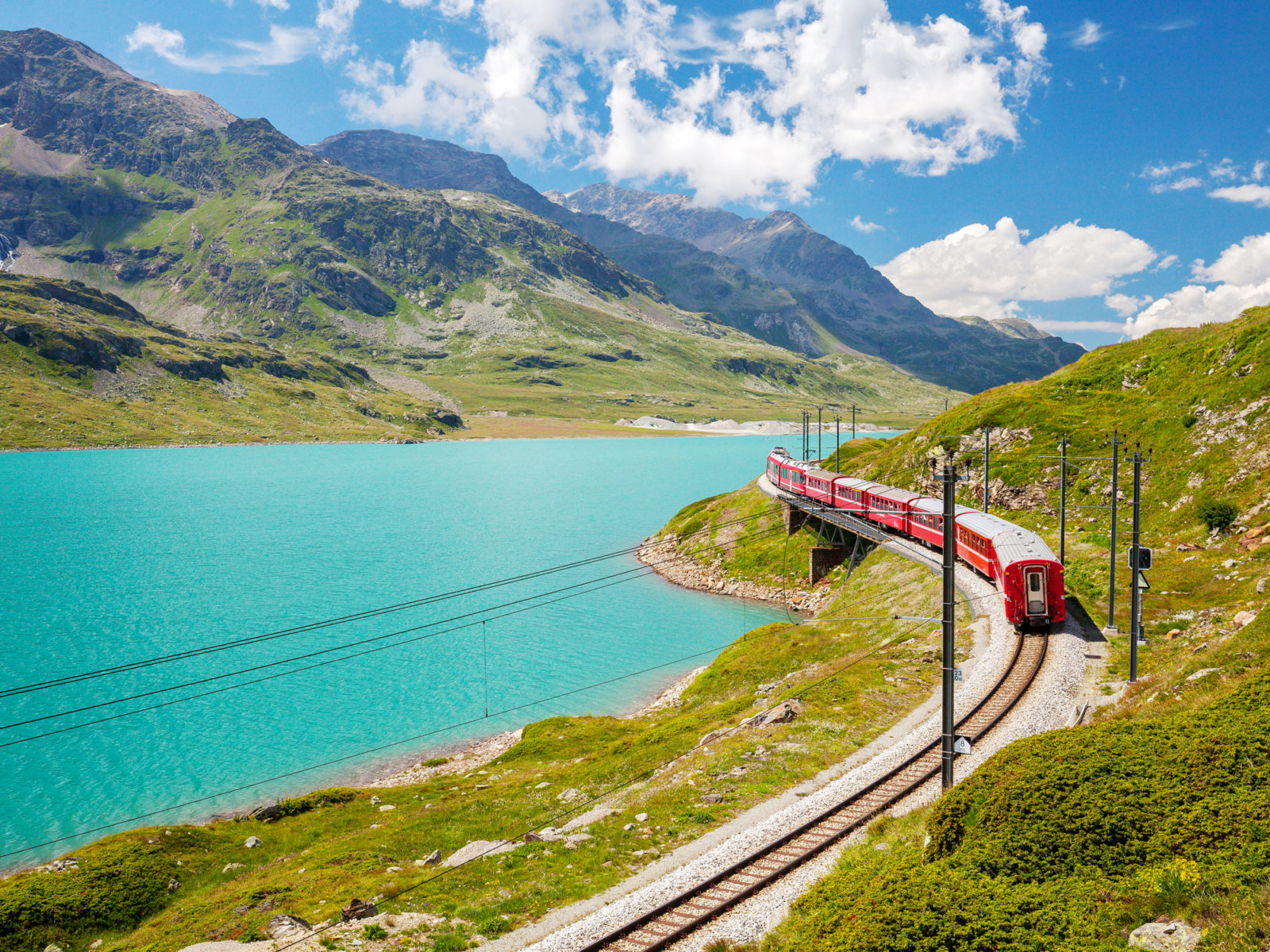
And cities like Bern, Davos, and Geneva already run emission-free buses - with more places to follow. These are real-life examples of sustainable travel in Switzerland. They are not just glossy PR stories but concrete initiatives to leave a small environmental footprint.
Swiss trains and buses are sustainable choices compared to other forms of transportation powered by fossil fuels.
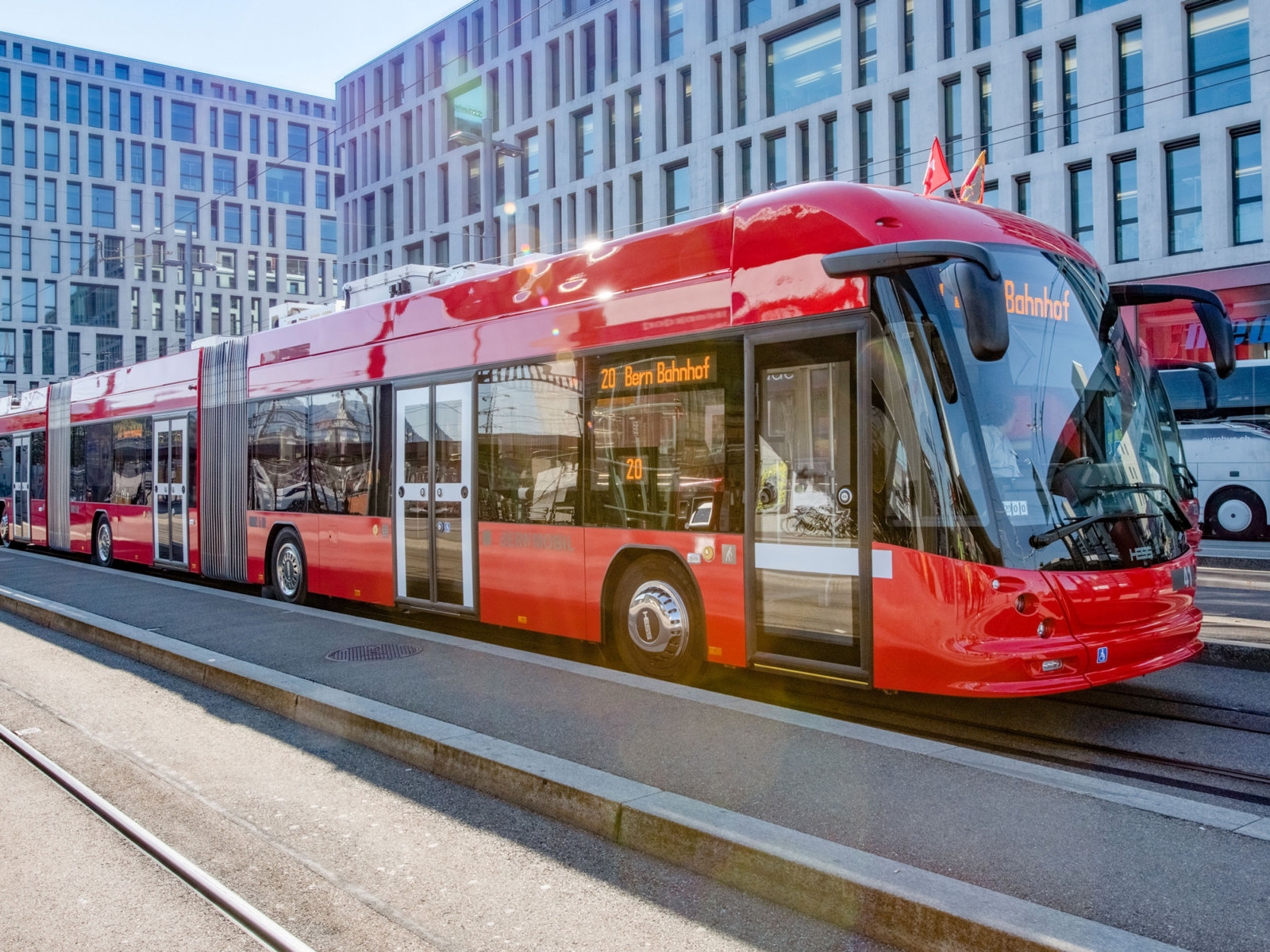
Swiss engineering plays an important part in the country’s sustainability efforts.
In this country of mountains, more and more rack railways and funiculars use regenerative braking technology. The energy generated from braking is harnessed and fed right back into the overhead lines.
Rigi Bahnen, for example, is now equipped with this technology. While older vehicles would burn up the braking energy while traveling downhill, the new generation of trains feeds the energy gained from braking back into the grid.
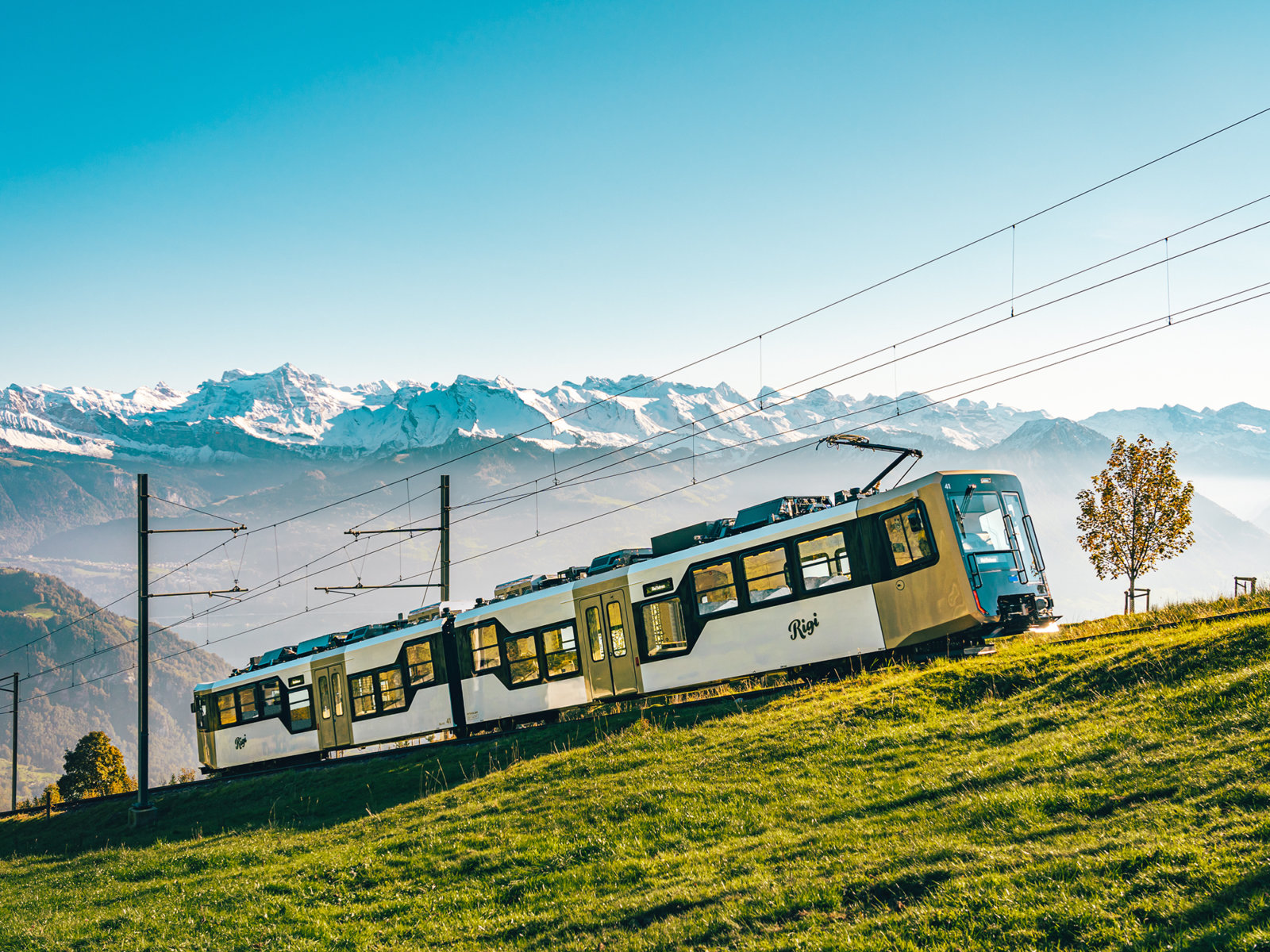
Why the Swiss Travel Pass is a sustainable choice
One of the easiest ways tourists can benefit from this is by making a simple pledge: to use public transport and thus support sustainable travel in Switzerland.
For peace of mind, there is an all-inclusive pass that covers about every railway line, steamboat cruise, and city bus anywhere in the country: the Swiss Travel Pass.
It really is an excellent companion to see Switzerland while also being mindful of the environment. The pass supports eco-friendly and sustainable travel in Switzerland.
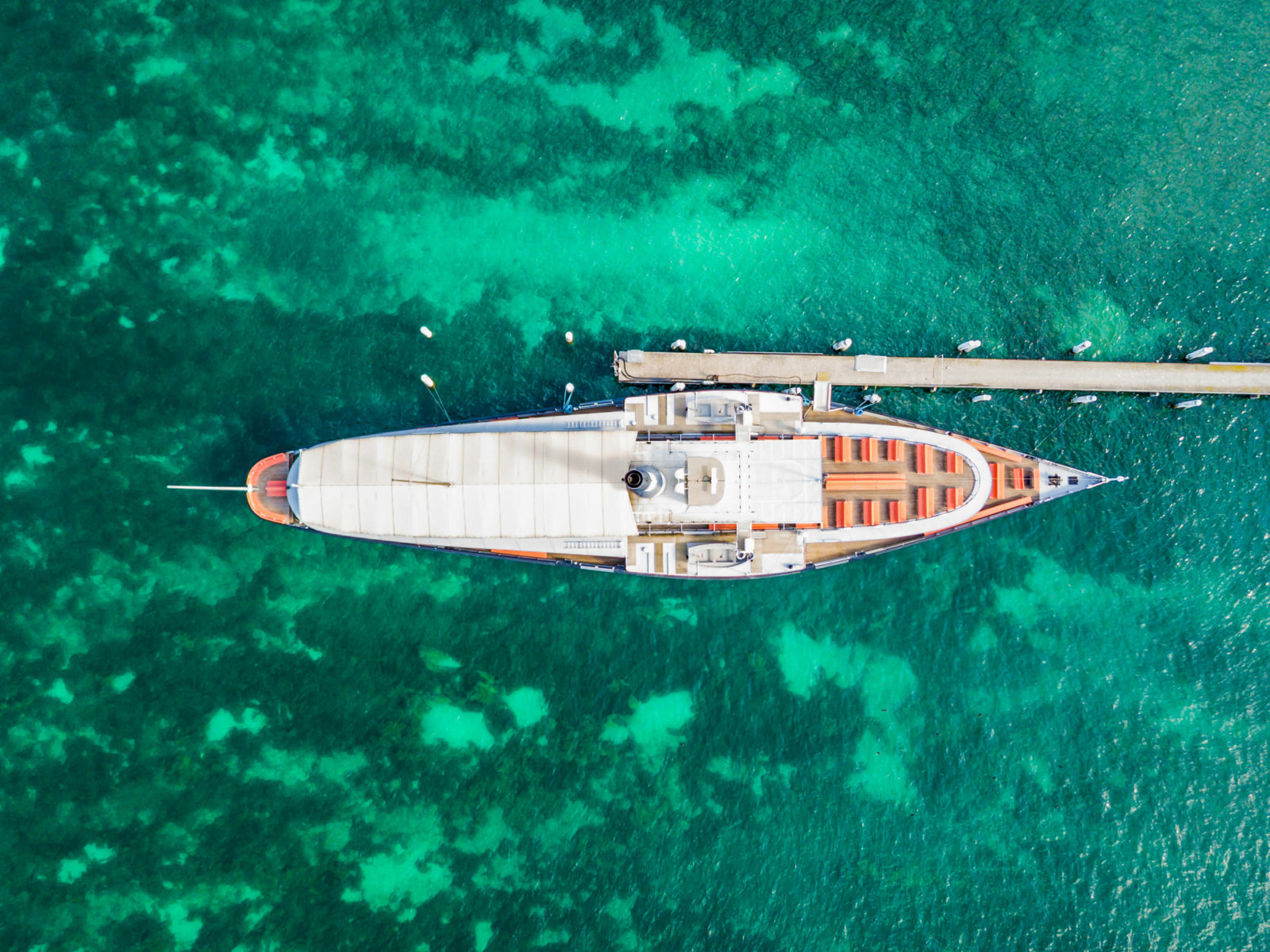

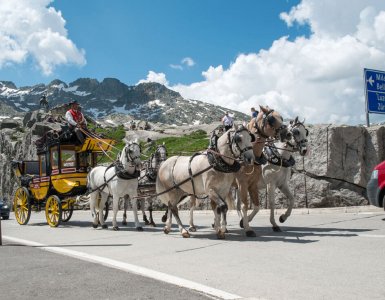
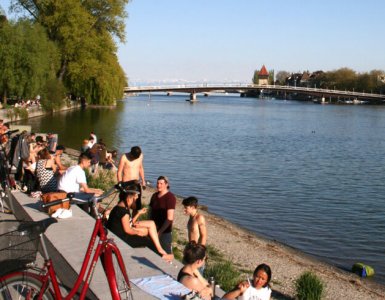
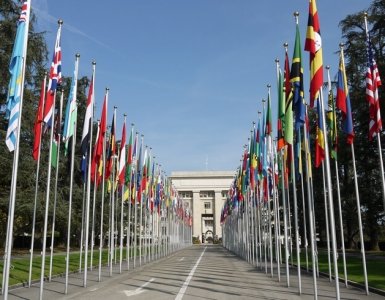

Add comment